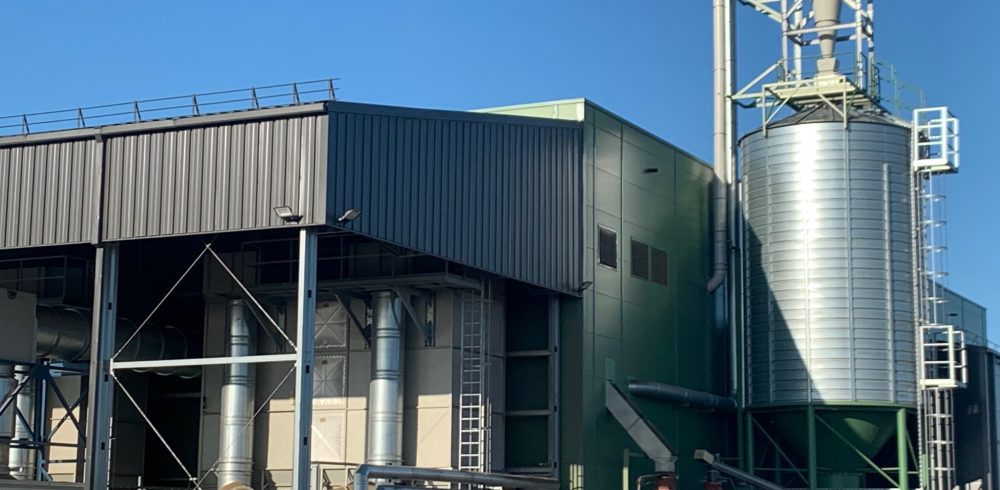According to a survey of foreign investors, Lithuania is one of the most attractive countries in which to invest: 95% of surveyed companies would recommend investing in Lithuania, 77% have plans to expand in the near future, 56% would consider establishing R&D centres in Lithuania, and 47% participate in specialised programs together with educational institutions, training specialists in areas most in demand in the market.
To describe the situation in Lithuanian industrial companies more accurately, we would like to present LINPRA, the Lithuanian Engineering Industries Association, as an example. Engineering industries generate one-fifth of Lithuania’s GDP and are among the business sectors least-impacted by the pandemic. During the quarantine period, more than half of the companies participating in the survey did not declare furloughs.
The association’s members have a cautiously optimistic view of the prospects for growth in production volume in 2020: 47% of companies foresee higher turnover than in 2019, 12% hope to see turnover remain stable, while 29% plan for growth of more than 10%. In addition, 50% intend to hire new employees and are planning expansion projects, while keeping in mind the possible consequences of a second wave of COVID-19 infections.
We can also present Lithuania’s Free Economic Zones as companies that, even during the pandemic, have continued to operate quite successfully. Investors attracted to the Kėdainiai and Šiauliai Free Economic Zones back in 2018-2019 have built factories and begun operations in 2020. The management of the Natural Fiber company chose with good reason the Kėdainiai FEZ for construction of its factory. The speed of getting set up, the all-round assistance provided by the FEZ team and close cooperation with the Kėdainiai District Municipality encouraged the company to invest in this location.
In 2019, construction of the Natural Fiber modern hemp fiber processing plant was completed. It is the largest hemp fiber processor in the Baltic region and provides the complete cycle of cultivation and processing of hemp fiber. The production process at the plant is completely automated. The processing equipment was designed and manufactured in Belgium, and has been successfully installed at the Natural Fiber plant in the Kėdainiai FEZ.
Sustainability is especially important in today’s business, so Natural Fiber is focusing on no-waste production. The company grows hemp
intended specifically for fiber production. Shives, dust and pellets are used for other purposes.
The company can guarantee the highest quality of its hemp fiber without any materials hazardous to health because the company controls the entire process, from seed-selection to seed-preparation to growing to harvesting (using specialised equipment) to processing.
The planned maximum production capacity of the plant is 30,000 tons. The company is confident that hemp fiber, due to its many advantages and environmental friendliness, will in the near future be in even higher demand for production of high-quality textiles, replacing much less environmentally friendly fibers as time passes.
More information: https://www.investmentpartner.lt/
Manufacturing & Engineering Magazine | The Home of Manufacturing Industry News













